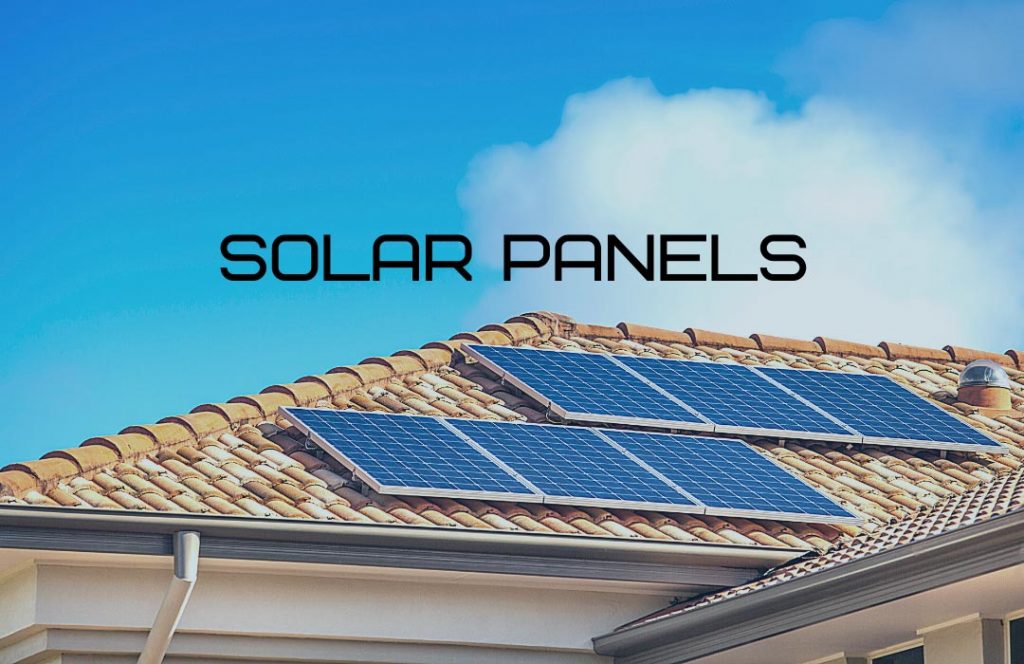An owner in our HOA wants to place solar panels on the roof of their home. Does our board have to allow this?
Short Answer: Likely, yes. However, the owner still must comply with any architectural approval requirements in the association’s documents.
Long Answer – here’s a quick recap of the law: Arizona Revised Statute Section 33-1816 (the Planned Communities Act) strictly prohibits planned communities from prohibiting the installation or use of a solar energy device. However, planned communities (HOAs) may adopt rules regarding the placement of these devices so long as these rules do not effectively prevent installation, impair the device’s ability to function or adversely affect the cost of the device. Planned communities (HOAs) are also subject to A.R.S. Section 33-439 which states that association documents (such as CC&Rs, architectural review committee guidelines, rules and regulations, etc.) cannot “effectively prohibit” the use or installation of any solar energy device. Finally, A.R.S. Section 44 -1761 defines “solar energy device,” in part, as a system or series of mechanisms designed primarily to provide heating, cooling, or day lighting, to produce electrical or mechanical power, or to provide any combination of the foregoing by collecting and transferring solar generated energy into such uses either by active or passive means. Such systems may also have the capability of storing such energy for future utilization. Passive systems shall clearly be designed as a solar energy device.
Arizona Case Law on Solar Energy in HOAs
In Garden Lakes Community Association, Inc. v. Madigan/Speak, the Arizona Court of Appeals decided that pursuant to A.R.S. Section 33-439, the question of whether or not an association’s documents “effectively prohibit” the use or installation of solar energy devices should be decided on a case-by-case basis using the following nine factors:
1. The content and language of an association’s declaration, the restrictions, or guidelines;
2. The conduct of the homeowners association in interpreting and applying the restrictions;
3. Whether the architectural requirements are too restrictive to allow solar energy devices as a practical matter;
4. Whether feasible alternatives utilizing solar energy are available;
5. Whether any alternative design will be comparable in cost and performance;
6. The extent to which the property at issue is amenable to the required changes;
7. Whether decisions previously made by the owner or a prior owner are responsible for limiting and precluding the installation of solar energy devices rather than the restrictions themselves;
8. The location, type of housing and value of the homes in the community; and
9. Whether the restrictions impose too great a cost in relation to what typical homeowners in the community would be willing to spend.
While not all of these factors are required to make a determination regarding the “effective prohibition” of solar energy devices, none is dispositive alone.
Parting Thoughts
Arizona law favors the use and enjoyment of solar energy devices by owners in a community association. HOAs cannot “effectively prohibit” the installation or use of a solar energy device. However, HOAs are permitted to enact provisions imposing some aesthetic and architectural guidelines on the use and installation of solar energy devices so long as such provisions do not explicitly or effectively prohibit installation or use of such devices by adversely impacting its function or cost. It is important to note that if a homeowner prevails in a lawsuit against the planned community regarding a violation of A.R.S. 33-1816, reasonable attorneys’ fees and costs will be awarded to the homeowner. As such, it is very important that the association consult with an attorney prior to prohibiting the installation of solar energy on an owner’s lot. If your association has questions on this topic, or any other HOA/condo law topic, please contact Beth Mulcahy, Esq. at bmulcahy@mulcahylawfirm.com.

